Major markets temporarily suspend imports, businesses face difficulties
Since early September, the Philippine market has stopped importing rice for two months, meaning that about 500,000 tons of Vietnamese rice have been "stuck". At the same time, Indonesia has also applied import restrictions. This has caused Vietnam's rice exports to both decrease in output and be under pressure to reduce selling prices.
At many seaports, rice containers exported to the Philippines have been pre-packed by businesses but are now forced to be brought to warehouses, incurring storage and transportation costs and causing many difficulties for business operations.
Mr. Le Ha Phong - Director of Manoramas Company Limited, shared: "The Philippines banned imports, so the price of Vietnamese rice decreased, and the inventory of businesses also decreased in value. Signed contracts could not be implemented, while bank loans were due, businesses were in a very difficult situation. This happened quite suddenly and without prior notice, so we were unable to react in time."
Don't be overly pessimistic.
According to the Vietnam Food Association (VFA), the Philippines' suspension of imports will only last for 60 days, not a complete shutdown. The country still values the long-term supply of rice from Vietnam.
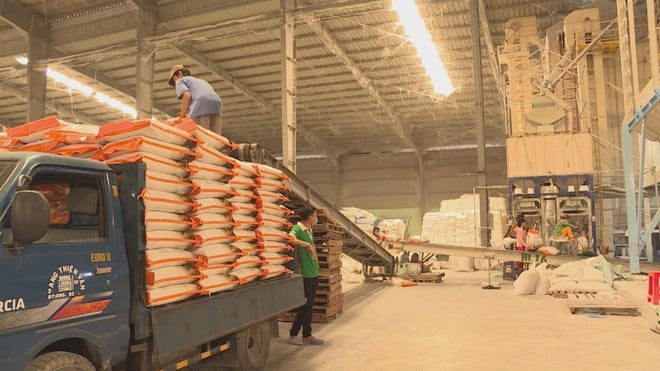
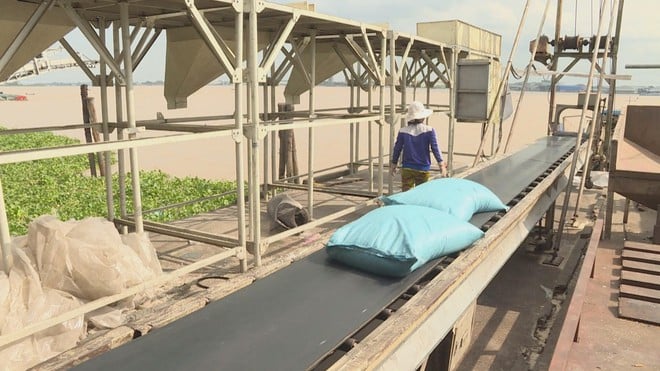
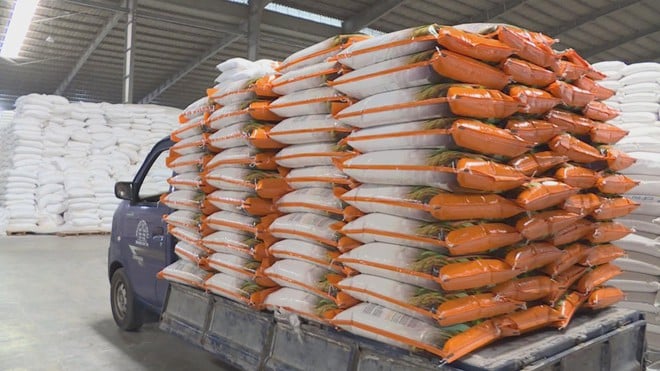
Rice production line
Mr. Phan Van Co - Marketing Director of Vrice Rice Company Limited, said: "The African market currently accounts for 7-8% of export output. We proactively reduce prices for other markets to release inventory, reducing dependence on a single market."
Mr. Do Ha Nam - Chairman of VFA, commented: "September and October could be a difficult period if rice volume is affected by the Philippine market. However, fortunately, some traditional markets such as Africa continue to buy, not stopping like previous years. This is a favorable condition to help maintain output."
Maintain export target 2025
Experts say that short-term fluctuations in some key markets such as the Philippines and Indonesia will put pressure on prices and consumption, but overall Vietnamese rice output remains stable. Import demand from other markets is expected to return by the end of the year.
Dr. Nguyen Anh Phong - Deputy Director of the Institute of Strategy and Policy on Agriculture and Environment, emphasized: "The important solution is to diversify the market, avoiding over-dependence on a few countries."
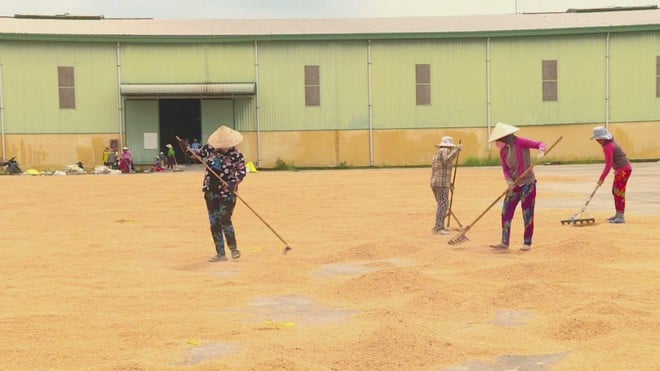
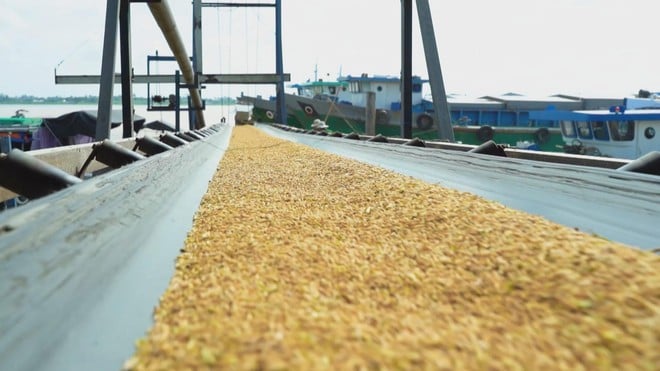
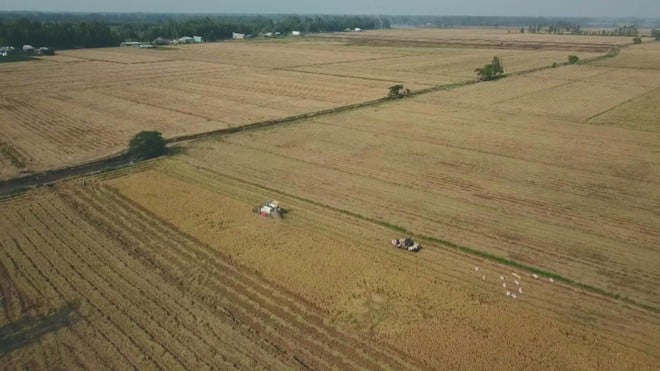
Farmers harvest rice in the Mekong Delta
Dr. Tran Minh Hai - Vice Principal of the School of Public Policy and Rural Development (Ministry of Agriculture and Rural Development), added: "To maintain the export target in 2025, businesses need to proactively learn about the standards of each market, while domestically, they must improve the quality control system, develop cooperatives and concentrated raw material areas to increase production scale."
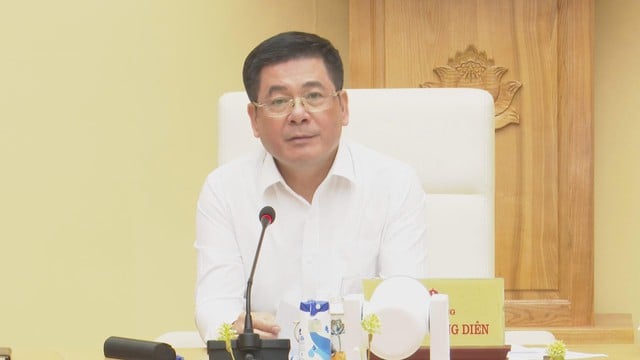
Minister of Industry and Trade Nguyen Hong Dien
Regarding the management agency, Minister Nguyen Hong Dien said: “The Philippines’ temporary suspension of imports and Indonesia’s import restrictions only caused a slight decrease in rice export prices. However, our rice export volume has almost reached the target. The issue is to ensure quality and standards for other markets, which are experiencing strong demand. This also reminds us that ‘egg should not be put in one basket’.”
>>> Please watch HTV News at 8:00 p.m. and 24G World Program at 8:30 p.m. every day on HTV9 channel.
Source: https://htv.com.vn/nganh-gao-viet-nam-ung-pho-truoc-bien-dong-nhap-khau-tu-philippines-va-indonesia-222250926172602533.htm






![[Photo] Prime Minister Pham Minh Chinh attends the groundbreaking ceremony of two key projects in Hai Phong city](https://vphoto.vietnam.vn/thumb/1200x675/vietnam/resource/IMAGE/2025/9/27/6adba56d5d94403093a074ac6496ec9d)




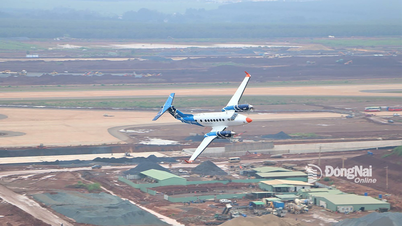



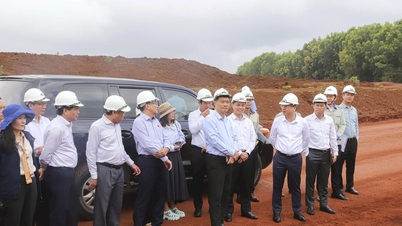









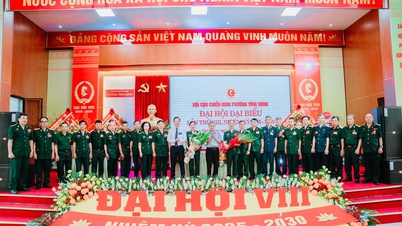











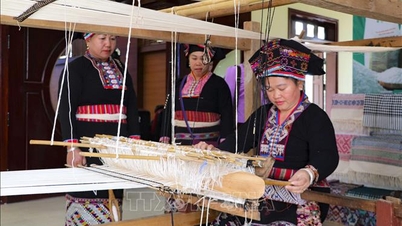








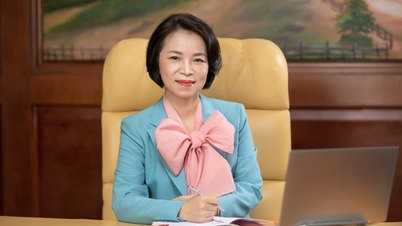






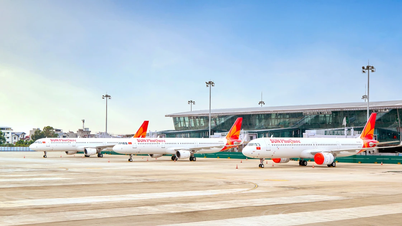




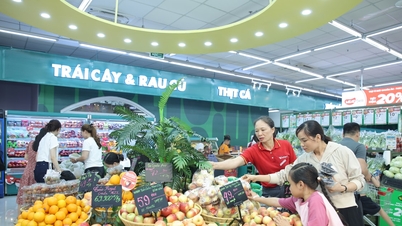








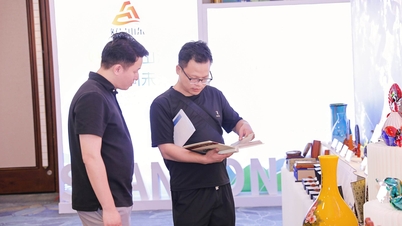



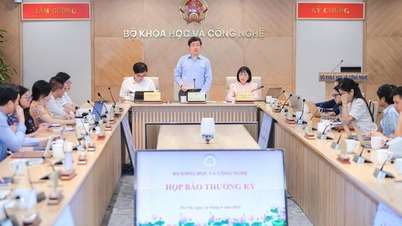




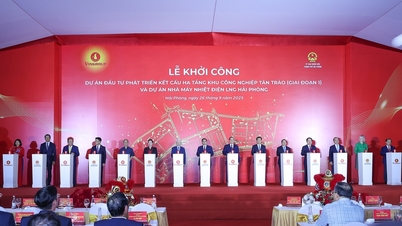




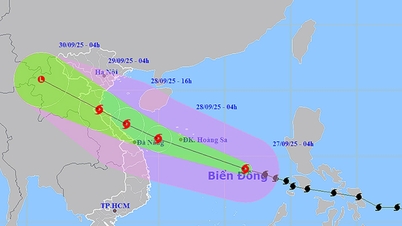

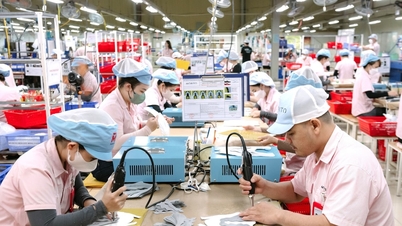

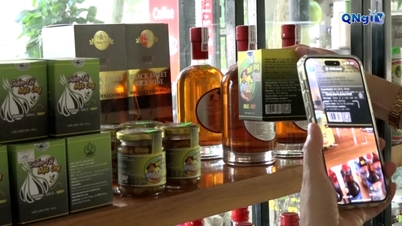












Comment (0)